Health Information
NHS A-Z information
NHS Health A to Z to find all of the termanology you need - Health A to Z - NHS (www.nhs.uk)
Flu & Covid Vaccinations 2025/26
It’s that time of year again with winter vaccination season is fast approaching, and our team at the surgery is ready! Here’s everything you need to know about this year’s flu and covid booster vaccination campaign, including who’s eligible, when clinics will run, and how to get booked in.
Why the Flu Vaccine Matters
Each year, flu can cause serious illness—especially in vulnerable groups. Getting vaccinated helps:
- Protect individuals at highest risk
- Reduce flu-related hospitalisations and deaths
- Prevent transmission in the community
- Safeguard children and those in care homes
- Flu strains change each year, so a new vaccine is needed annually. This year’s programme runs from 1 September 2025 to 31 March 2026.
Who Can Get the Flu Vaccine?
From 1 September 2025, the following groups are eligible:
- Pregnant women
- Children aged 2 or 3 on 31 August 2025
- Children aged 6 months to under 18 in clinical at-risk groups
All primary and secondary school children (Reception to Year 11)*
*School-aged children will mainly be vaccinated by the School Immunisation Service, though parents may request vaccination at the surgery if preferred.
From 1 October 2025 , the following groups will also be eligible:
- All adults aged 65 and over
- Adults aged 18–64 in clinical risk groups
- Care home residents
- Carers and main care providers
- Close contacts of people who are immunocompromised
- Frontline health and social care workers
Types of Flu Vaccines Used
Key Clinic Dates at the Surgery
We’re holding clinics every day from the 1st to the 10th October, however if you are unable to attend one of these clinics, please contact the Practice and we will be happy to book you in at a time or day that is convenient for you.
Invitations will go out via text message, with a link for easy online booking. For those unable to book online, our team will be in touch directly to arrange appointments or you can contact the surgery and we will be happy to book an appointment for you.
Weekday appointments will also be offered and available throughout the season.
What About Housebound Patients or Care Homes?
Flu vaccinations for housebound patients and those in care homes will be delivered by our Practice Nurse team. You will be contacted with a date for these visits soon.
What About Covid Boosters?
Covid vaccination eligibility has changed this year and is now limited to:
- Adults aged 75 and over (previously this was over 65yrs old)
- Individuals in specific high-risk clinical categories
- Residents in older adult care homes
We are able to give vaccinations to patients eligible for both flu and COVID-19 vaccines at the same time, in most cases.
What Happens Next?
We’re starting our public campaign now to raise awareness. Here’s what to expect:
- Invitations sent via SMS to eligible patients
- Online booking links for convenience
- Regular clinic availability for flexible booking
If you’re unsure whether you’re eligible or have questions about the vaccines, just get in touch. Our staff will be happy to help you find the right information and support your vaccination decision.
Let’s stay healthy this flu season. Get vaccinated. Protect yourself. Protect others.
Free Shingles Vaccinations
The NHS offers a free vaccination to eligible individuals as a protective measure against shingles, known as the Shingles National Immunisation Programme.
What is Shingles?
Shingles is caused by a virus called varicella zoster. This is the same virus that causes chickenpox. When you recover from chickenpox most of this virus is destroyed. However, some of the virus survives and remains inactive in your body’s nervous system.
The virus can reactivate later in life, leading to clusters of painful, itchy, fluid-filled blisters. These blisters may burst and turn into sores, which eventually crust over and heal. This usually occurs when your immune system is weakened by factors such as:
- Age
- Stress
- Illness
Certain treatments that lower immunity
Shingles can be very painful and is more common among older people. The older you are, the worse it can be. For some, the pain caused by shingles can last for many years.
People who have a severely weakened immune system are also at higher risk of getting shingles and experiencing further complications from shingles. The vaccine helps to protect you by building up your immunity. Shingles can really affect your life, stopping you from doing all the things you usually enjoy.
Getting the vaccine will:
- reduce your risk of developing shingles by over 70%
- reduce your risk of experiencing long-term pain from shingles
- reduce your risk of having to go to hospital with complications from shingles
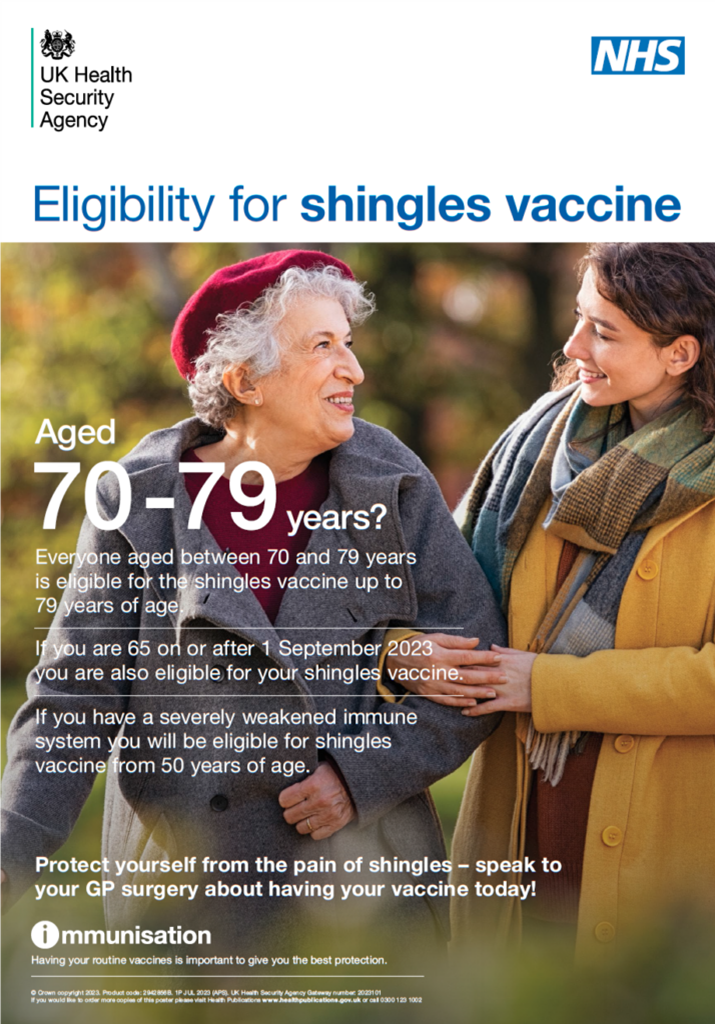

Birth to Five
Your NHS guide to parenting in the early years
Whether your child is a newborn, a toddler or a pre-schooler, this Birth to five guide is for you. It has 150 pages of NHS-accredited information, videos and interactive tools to help you through the parenting process.
They answer all your questions, from how to soothe a crying baby to how to prepare your child for school. Learn how to spot the signs of serious illness, how to cope if an accident happens, and how to check your child’s development.
And they haven’t forgotten about you: as a parent or carer, your wellbeing is crucial too. The guide covers all you need to know about your health after having a baby, as well as your rights, benefits and NHS services.
Child Immunisations
One of the most important things that a parent can do for their child is to make sure that they have all their routine childhood vaccinations. It’s the most effective way of keeping them protected against infectious diseases.
Ideally, kids should have their jabs at the right age to protect them as early as possible and minimise the risk of infection.
Please click on the link below to get further information of the child immunisation schedule:
www.nhs.uk/vaccinations/nhs-vaccinations-and-when-to-have-them/
You can find more information on child immunisations on the link below:
www.nhs.uk/vaccinations/why-vaccination-is-important-and-the-safest-way-to-protect-yourself/
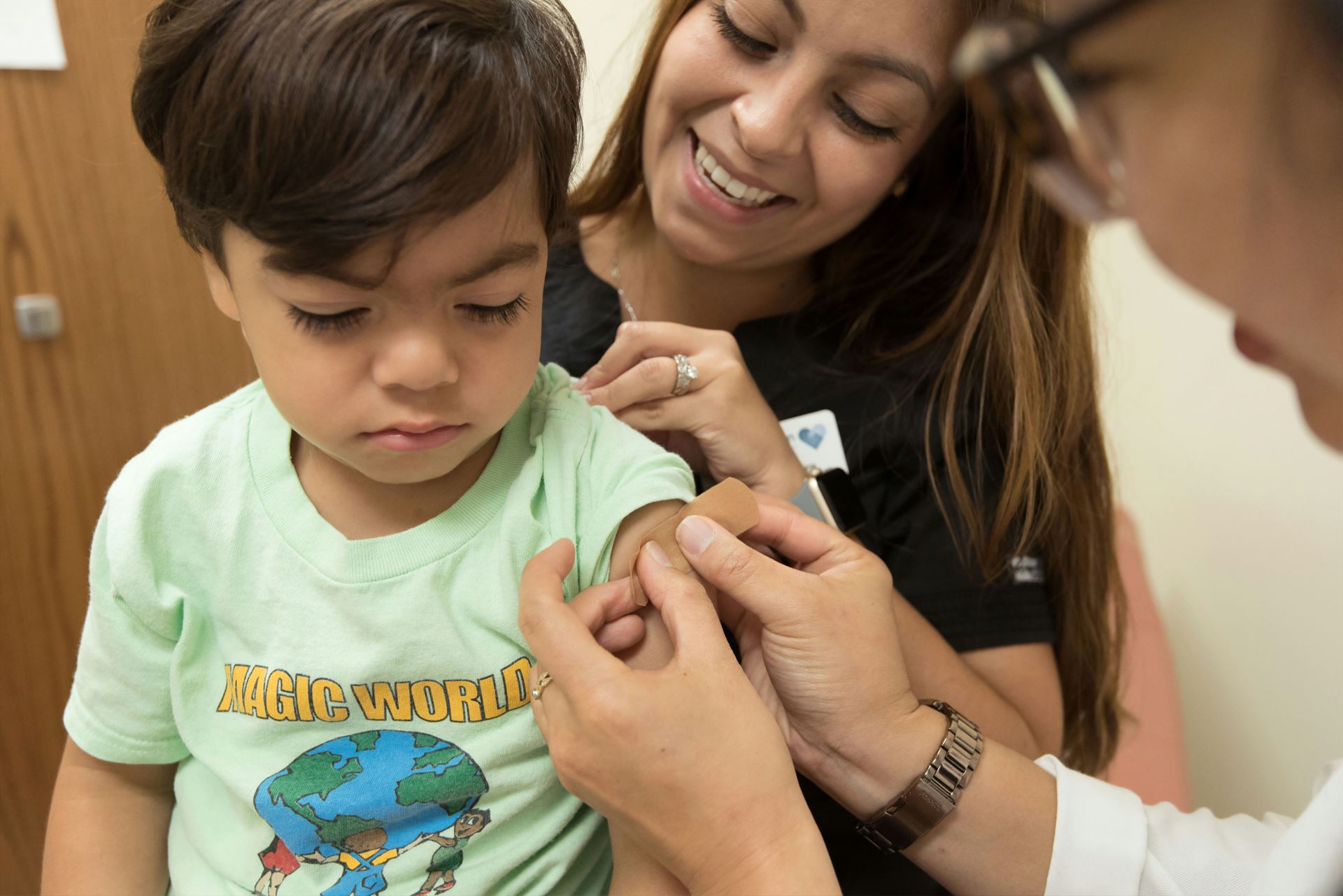
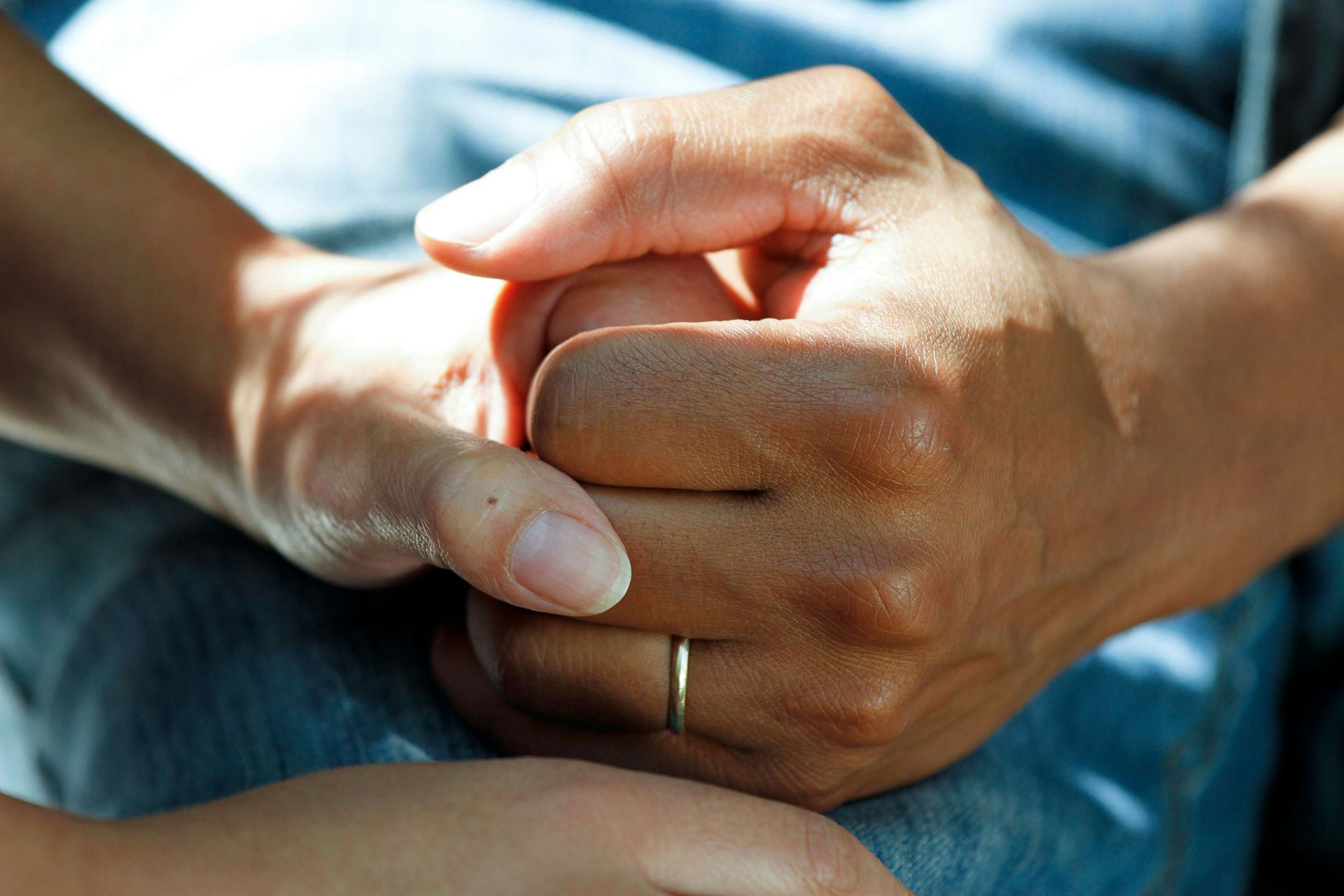
Carers Direct
Looking after someone?
Caring for someone can be very difficult and many people find that they need extra help with the care they provide.
Find out what support you might be able to receive here – provided by NHS Choices. This page also provides lots of help and advice.
Carers Direct – 0808 808 7777
Free, confidential information and advice for carers.
Lines are open 8am to 9pm Monday to Friday, 11am to 4pm at weekends. Calls are free from UK landlines or you can request a free call back.
You can also ask for a call back in one of more than 170 languages.
You can send a query to our advisers by email.
Find out more about the Carers Direct helpline.
Mental Health
One in four affected
It’s easy to think that mental health issues don’t concern us, but in fact a quarter of us will have problems with our mental wellbeing at some time in our lives.
Mental health problems are equally common in men and women, but the types of problems differ. Women are one-and-a-half times more likely to be affected by anxiety and depression, while men suffer more from substance abuse (one in eight men is dependent on alcohol) and anti-social personality disorders. Men are also more prone to suicide: British men are three times more likely than British women to die as a result of suicide.
Serious mental health problems are also more common than you might think. One person in 100 has a severe mental health condition such as schizophrenia or bipolar disorder.
All these figures are based on people who have sought help for their mental health problems. Many more could be living with undiagnosed mental health issues, according to mental health charity MIND.
If you’re worried about your mental health, or if someone in your life is affected, there are plenty of ways to get help. Find out more about mental health support.
You can also contact mental health charities such as Sane and the Mental Health Foundation.


Getting Fit for Free
The secret to getting fit for free is to use every opportunity to be active.
Armed with a bit of get-up-and-go and good planning, you can be fitter than ever without spending a penny.
NHS Choices have enlisted the help of top fitness experts to help you explore new ways and places to exercise for free. Click on the following to find out more:
Stop Smoking
Want to quit?
Contact your local NHS stop-smoking services,or call the NHS Smoking Helpline on 0800 328 8534
Health professionals are delighted to help people who have decided to quit smoking. About 40% of smokers will die from a smoking-related condition, so they know that stopping is one change that will make a big difference to your life.
Patients will see health benefits within days, such as improved taste and smell, while important benefits, such as lower risks of heart attack, stroke, lung cancer and improvements in breathing will happen in the first year or two.
Your GP surgery will probably have been chasing you to stop smoking if you have high blood pressure, diabetes, circulation problems or history of stroke, heart attack, angina, asthma or chronic lung disorders.
There are excellent local NHS stop-smoking services. These NHS services are very good at tailoring treatment to your lifestyle habits. With medication and the support of these services, you’re four times more likely to give up successfully.

Cervical Screening
Cervical screening (a smear test) is a test to check the health of the cervix and help prevent cervical cancer. It’s offered to women and people with a cervix aged 25 to 64.
- What is Cervical Screening
- Why cervical screening is important
- What happens at your cervical screening appointment
- Your cervical screening results
Important: Try not to put off cervical screening. It’s one of the best ways to protect yourself from cervical cancer.
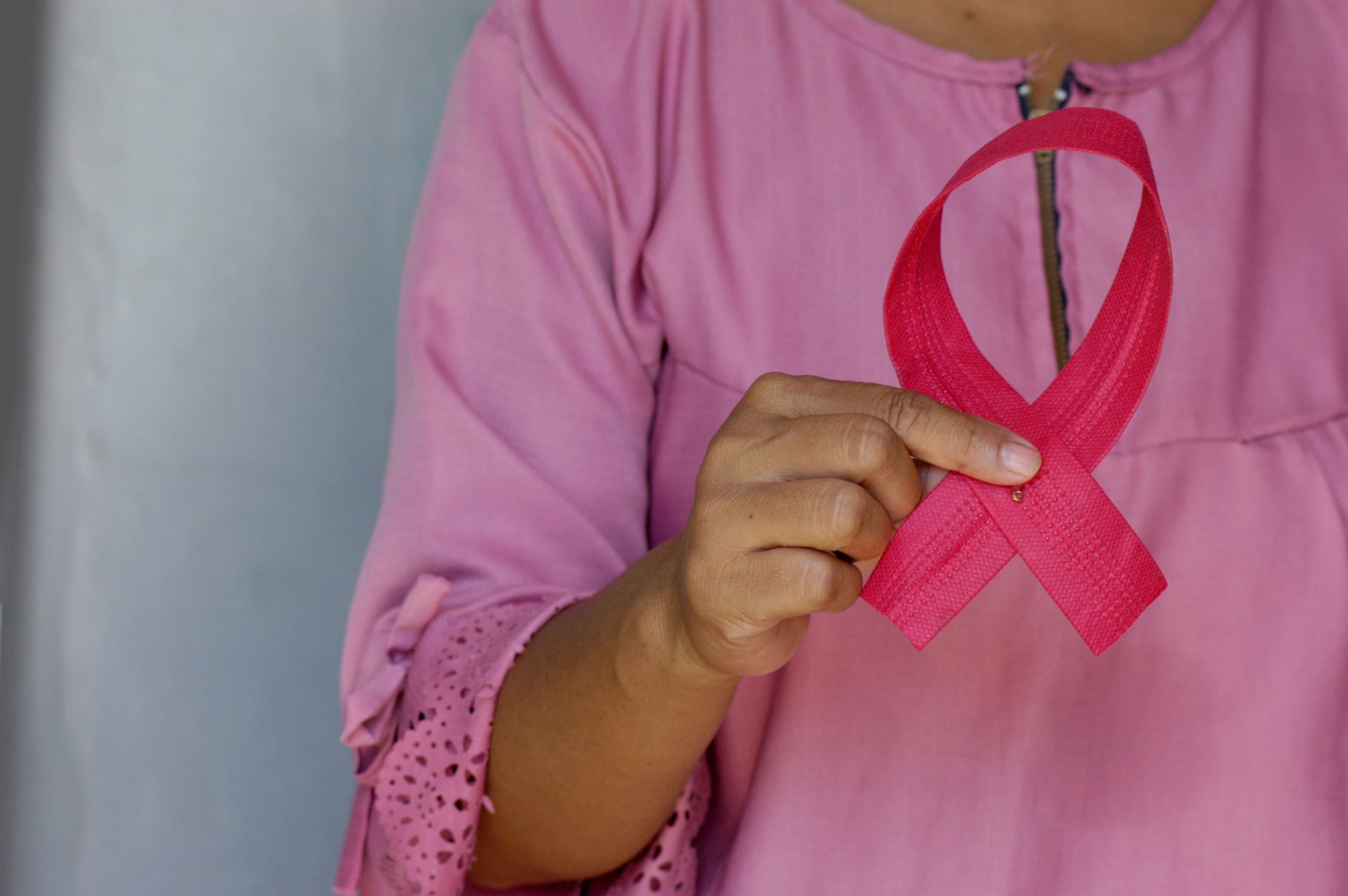

Bowel Screening
Bowel Cancer Screening
Bowel cancer is the fourth most common cancer in the UK and the second leading cause of cancer deaths. The earlier we find bowel cancer, the easier it is to treat and the chances of survival are higher.
Bowel cancer screening is one of the best ways to detect bowel cancer at an early stage. It can also detect changes in the bowel that could lead to cancer in the future.
Men and women aged between 56 and 74 (who are registered with an NHS GP) are invited to take part in bowel cancer screening every 2 years. You will receive a bowel cancer screening kit through the post and you complete it in the comfort of your own home.
It’s free, it’s easy, no fuss! So please, don’t delay, complete your kit today!
For more information about bowel cancer screening or to request a new kit please contact the bowel cancer screening helpline: 0800 707 6060 or visit
https://www.gatesheadhealth.nhs.uk/services/bladder-bowel/screening/
Breast screening
Regular breast screening (also known as a mammogram) is one of the best ways to spot a cancer that is too small to feel or see. It saves around 1,300 lives each year in the UK.
Anyone registered with a GP as female will be invited for NHS breast screening every 3 years between the ages of 50 and 71. You’ll get a letter in the post inviting you.
Our doctors strongly advise all patients attend for their breast screening when they receive their letter.
If you’re a trans man, trans woman or are non-binary you may be invited automatically, or you may need to talk to your GP surgery or call the breast screening service to ask for an appointment on 0161 291 4444
If you are 71 or over, you can still have breast screening every 3 years if you want to by calling the breast screening service on the number above.
If you have symptoms of breast cancer, such as a breast lump then please make an appointment at the practice, even if you have had a recent normal mammogram.
Do not wait to have your next screening appointment.
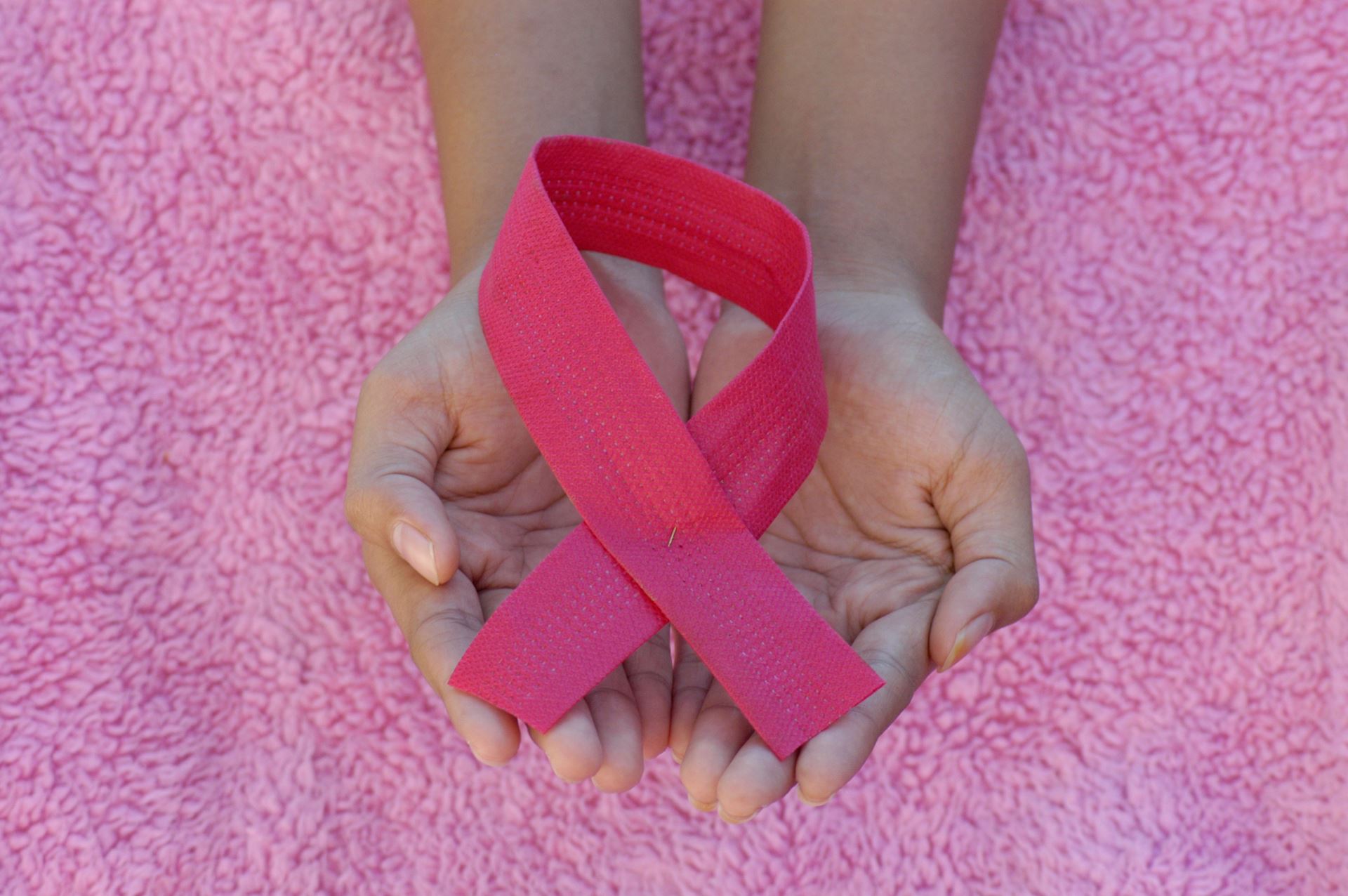
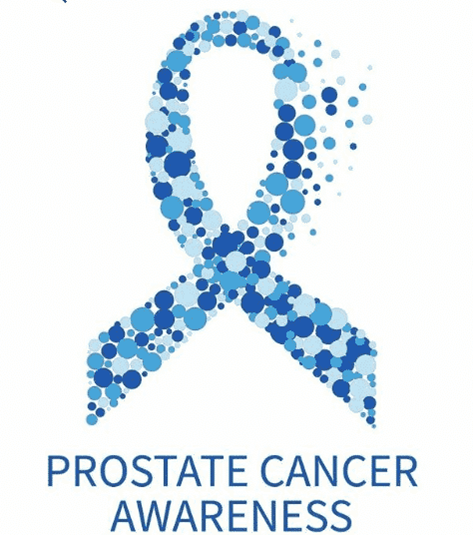
Prostate Cancer Awareness
Prostate cancer is more common than you think. It is the most common cancer in men with 1 in 8 getting prostate cancer in their lifetime.
That could be you, your dad, uncle, brother, partner or best friend.
This is why Prostate Cancer UK and the NHS have joined forces to launch a campaign to find the 14,000 men who have not started treatment for prostate cancer since the beginning of the pandemic.
Early diagnosis saves lives
New figures show that prostate cancer accounts for a third of those not treated for cancer compared to before the pandemic. Prostate cancer is very treatable if caught early. It’s important for men to know their risk because early prostate cancer often has no symptoms.
Check your risk and share the risk checker with loved ones
It takes 30 seconds to complete and could save lives.
Visit https://prostatecanceruk.org/risk-checker.html to check your risk factors in 30 seconds
Living Well
Living Well is the Bradford district whole systems approach to healthy weight and wellbeing. It is a partnership between Bradford Council and the West Yorkshire Health and Care Partnership. The ‘Living Well’ brand is used to bring coordination to activity from across the area that contributes towards creating a district where it is easier to live a healthy and active lifestyle.
Living Well provides information, advice and support to create an environment that encourages people in Bradford district to eat well, move more and maintain good mental wellbeing. To support these aims Living Well also runs district wide campaigns including the ‘20 Minute Movement’ and ‘Swap Well to Eat Well’.
Living Well offers a number of services:
- Living Well Advisor Service
- Support to quit smoking
- Bradford Encouraging Exercise in People (BEEP)
- Weight management support
- Child and Families Living Well Service
- Community Health Workers
Living Well also leads projects in the community working with schools, takeaways, workplaces and the ‘Living Well Academy’ which offers learning opportunities related to health and wellbeing.
To find out more go to the Living Well website.
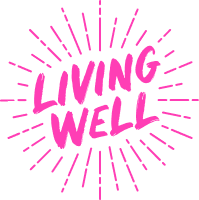

Social Care & Support
For information how to access support for yourself or someone you know who needs help with day-to-day living because of illness or disability, please click on the link below or alternatively speak to one of our Patient Services Team.
Pregnancy
This guide tells you everything you need to know about trying for a baby, pregnancy, labour and birth, including caring for your new baby in the early days.
You can also find advice for things you might need support with during and after pregnancy.

Page created: 01 December 2020